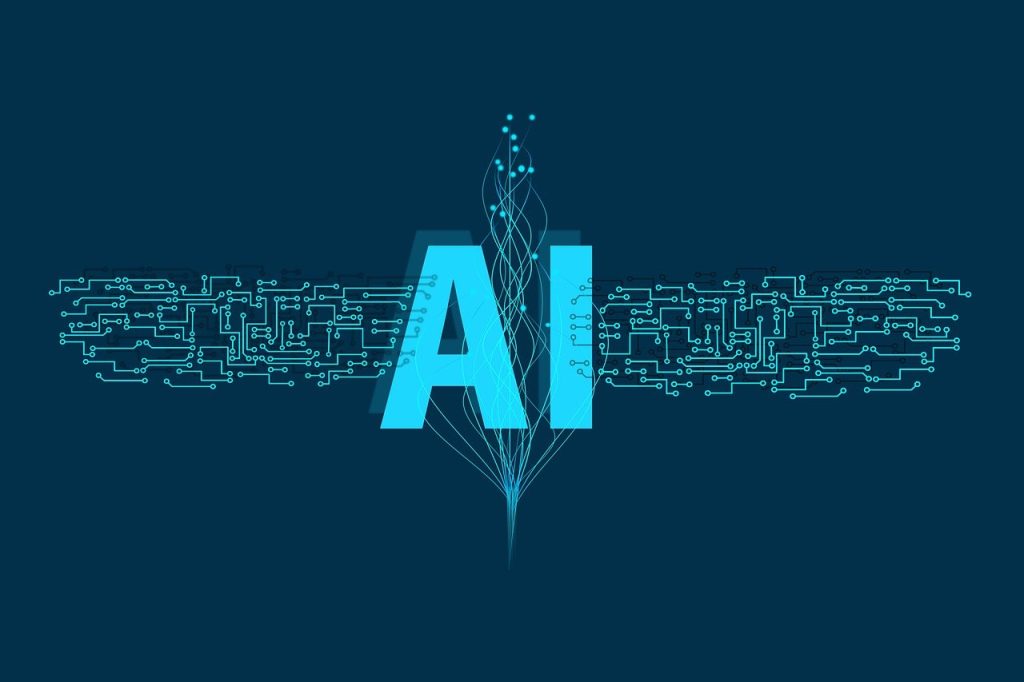Significance of Artificial Intelligence in Drug Supply Chain Management

Artificial Intelligence (AI) in the pharmaceutical industry has gained considerable momentum across the globe. It has been particularly helpful in improving fast-track product inaugurations, drug analysis, and clinical trials.
The worldwide impact on supply networks because of COVID-19 restrictions disturbed the supply chain. It also led to difficulties for the pharmaceutical business, requiring a rethinking of supply chain management and new solutions. Artificial Intelligence is among the solutions that play a significant role in improving the situations in several domains during the global pandemics.
Artificial Intelligence has a vital role in boosting the healthcare industry to unfasten its potential, considerably reduce costs, and accelerate drug development cycles. Artificial Intelligence integration has been a visible trend in R&D thanks to its ability to ease an intuitive interpretation of enormous and collated data.
The pandemic of COVID-19 induced pharmaceutical companies to re-evaluate how they conducted clinical trials and how hospitals treated patients in hospitals and homes. Even some pharmaceutical sector has started to use Artificial Intelligence because of its potential to reduce costs and accelerate market access to benefit from innovative treatments.
Artificial Intelligence in Drug Supply Chain Management
Artificial Intelligence applications have a significant role in the healthcare and pharmaceutical industry. Algorithm developers need to be careful to justify the feature that disparate cultural groups or inhabitants of numerous regions may have unique physiologies and environmental aspects that can impact the presentation of ailments.
For example, the course of disease and patients may look different in Iran than in the UK.
As developers develop AI-related algorithms, they need to ensure the data represents various disease presentations and populations instead of developing an algorithm for a single population and anticipating it to work for all.
Minimizing The Usage of E-Health Records
Electronic Health Record (EHRs) has been instrumental in helping the healthcare industry move into digitalization. The move has also led to numerous problems associated with cognitive load, continuous records, and user exhaustion.
Electronic Health Record developers use artificial intelligence to develop a more intuitive interface and computerize some routine processes that consume excessive user time.
Users spend most of the time executing three tasks, including order entry, clinical documentation, and sorting out in-basket.
Other AI applications, such as voice recognition and dictation, enhance the clinical documentation method, though Natural Language Processing tools might not be enough.
AI may also facilitate the process of routine requests like result notifications and medication refills. It may also be handy to prioritize, requiring the clinician’s attention. Artificial Intelligence incorporation in such applications makes it easier for users to work using their to-do lists.
Antibiotic Resistance Risks
Antibiotic resistance has been an increasing threat to people around the globe as overuse of critical drugs fosters the evolution of superbugs that do not respond to treatments. Multi-drug resistant organisms can wreak havoc in the healthcare environment, claiming many lives every year. Electronic Health Record (EHR) data can detect infection patterns and highlight high-risk patients. Healthcare professionals can leverage Machine Learning and AI tools to run these analytics to improve their accuracy and create faster and more accurate alerts for healthcare providers.




